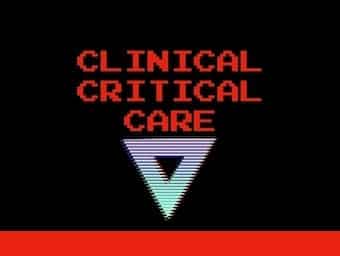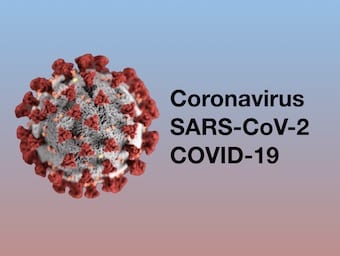
Asking Questions – Delivering Answers
RCTs deliver the most reliable evidence to guide how we treat our patients but they are badly designed, inaccurately reported and misunderstood. We can do better.

RCTs deliver the most reliable evidence to guide how we treat our patients but they are badly designed, inaccurately reported and misunderstood. We can do better.

Large-scale clinical trials are expensive and take years to go. Do they generate patient and economic benefit that justifies the cost of trials?

Why science by press release is bad, despite optimism about the findings of the Recovery trial and the role of dexamethasone in the management of COVID-19.

Overcoming uncertainty in the Age of COVID-19. Part 7 of the "COVID-19: Keeping the baby in the bath" series.

Novel drug therapies and clinical research. Part 6 of the "COVID-19: Keeping the baby in the bath" series

Randomisation is the process of assigning clinical trial participants to treatment groups such that each participation has a known (usually equal) chance of being assigned to any of the groups

An adaptive clinical trial involves a study design in which key characteristics are adjusted while enrollment in the trial is ongoing using prospectively defined decision rules and in response to information arising from the data accumulating in the trial

Blinding and allocation concealment are used in Randomised control trials (RCTs) to reduce systematic bias

Non-experimental observational study design used to assess the effect of an intervention based on comparison of outcomes prior to its use and afterward

Clinicians must be able to critically appraise clinical trials to determine their internal validity. Trials should adhere to the CONSORT statement (CONsolidated Standards of Reporting Trials)

It is unethical and a waste of time and resources to embark on a study when there is a high chance of a false negative result (Type II error). The commonest cause of this is having a sample size that is too small

In part one of a series on clinical trials, David Denman discusses CONSORT diagrams and the CONSORT statement using the DECRA trial as an example.